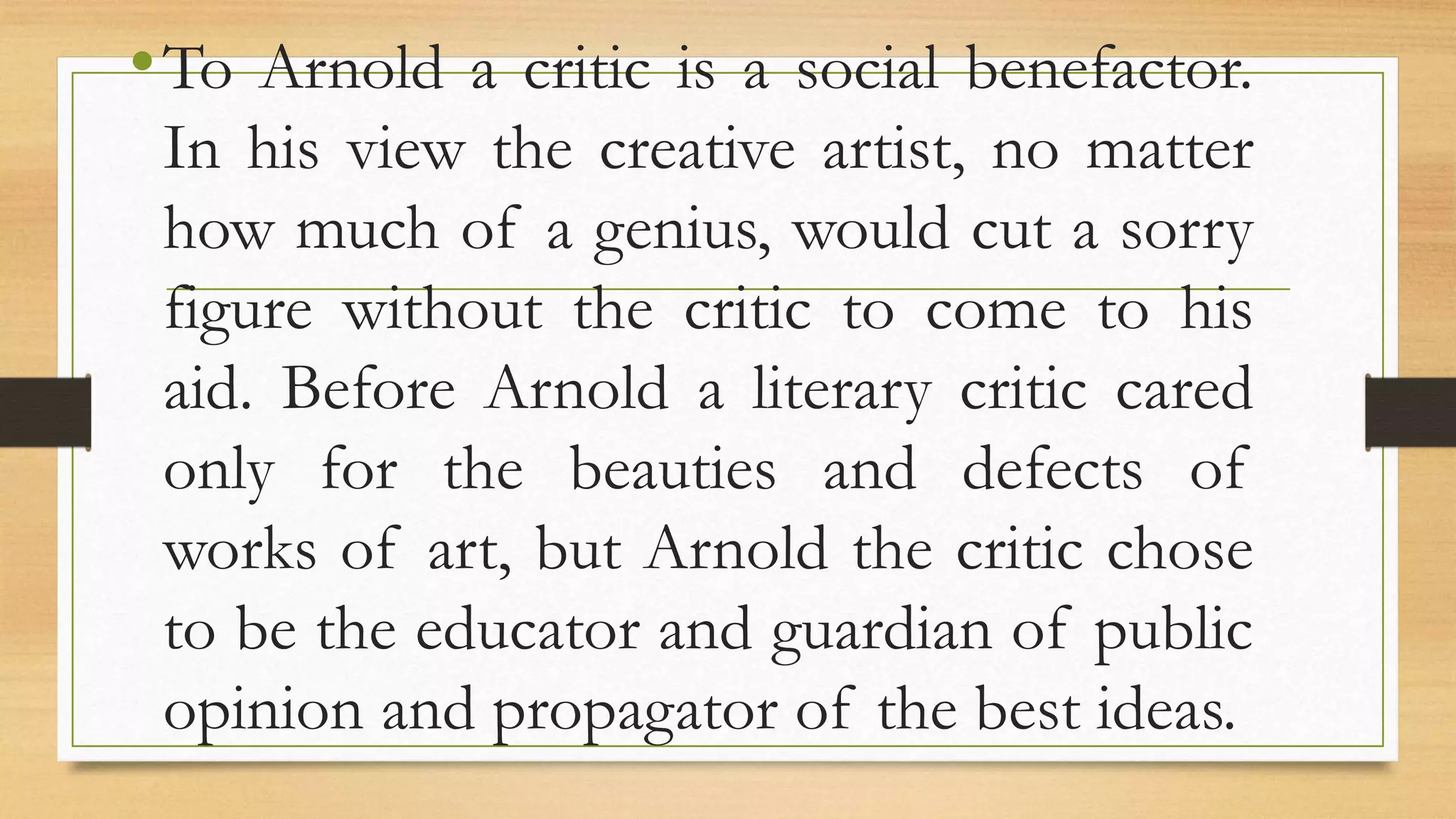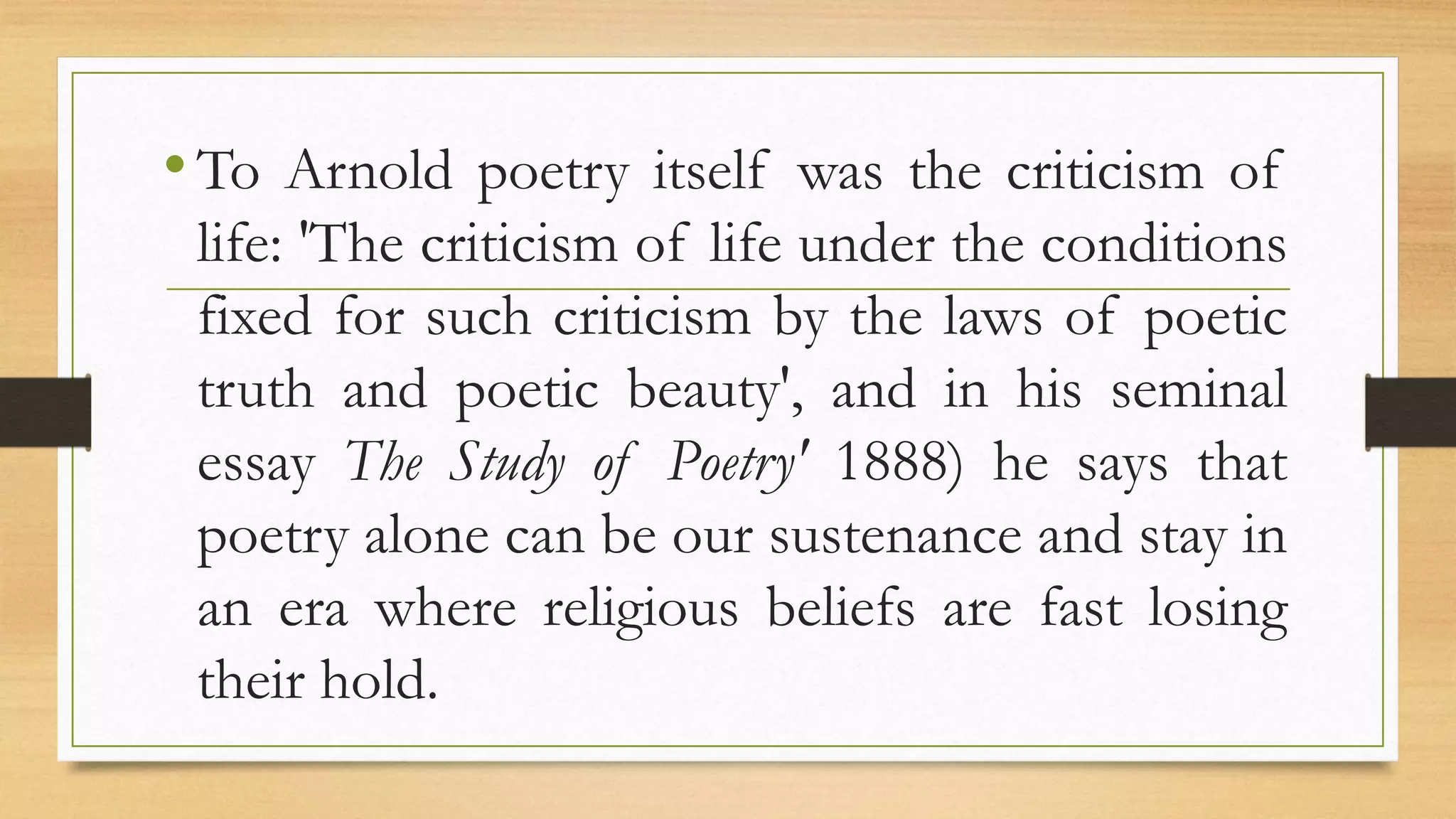The document discusses the literary movements and key figures of the 19th century, highlighting romanticism's emphasis on emotion and individualism through poets like William Wordsworth and Samuel Taylor Coleridge. It examines the contributions of Percy Bysshe Shelley, Ralph Waldo Emerson, and Matthew Arnold, focusing on their philosophies of poetry and its social impact. The text emphasizes how these literary developments influenced modern literature and reflect the social and economic conditions of their time.

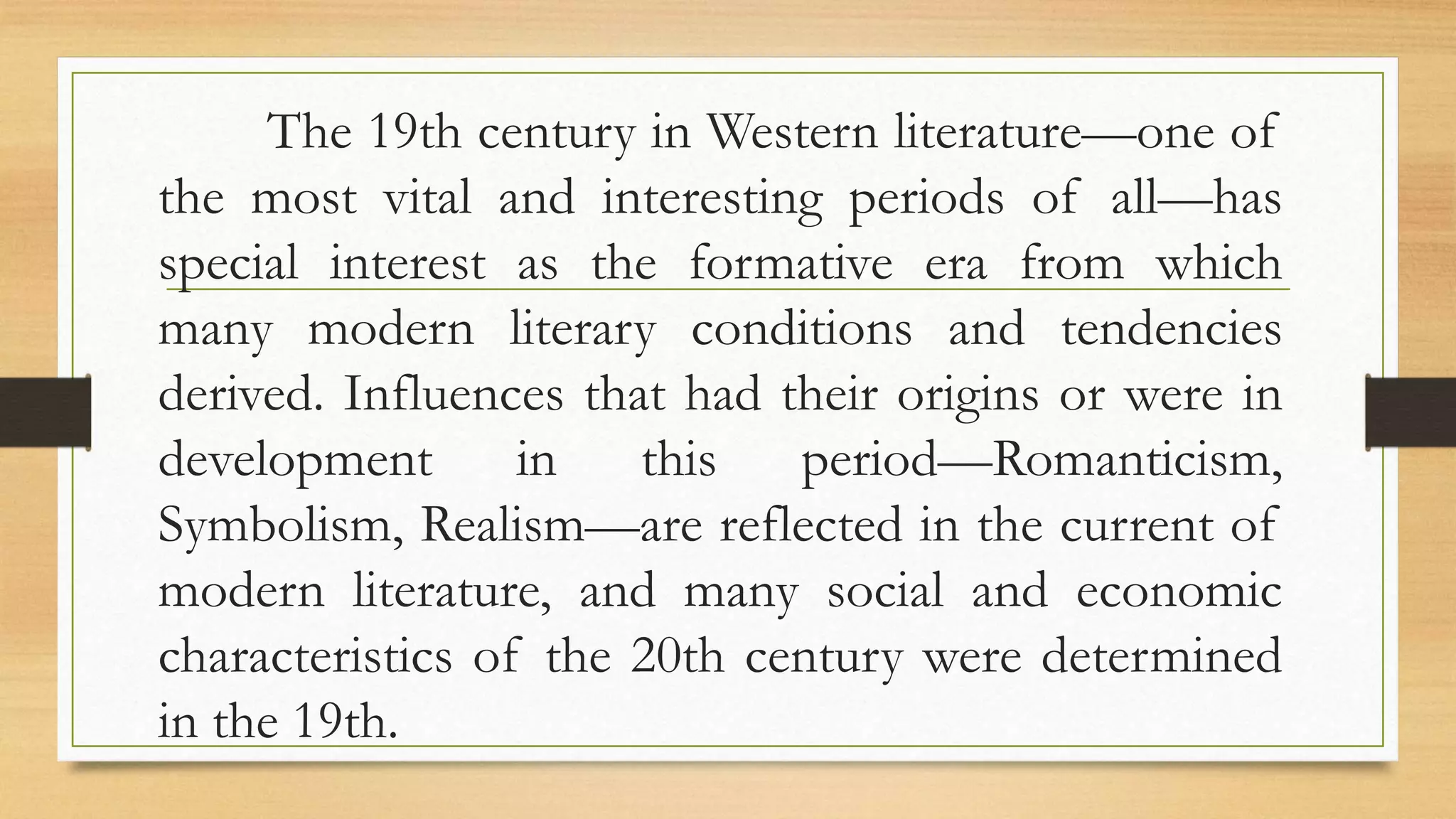



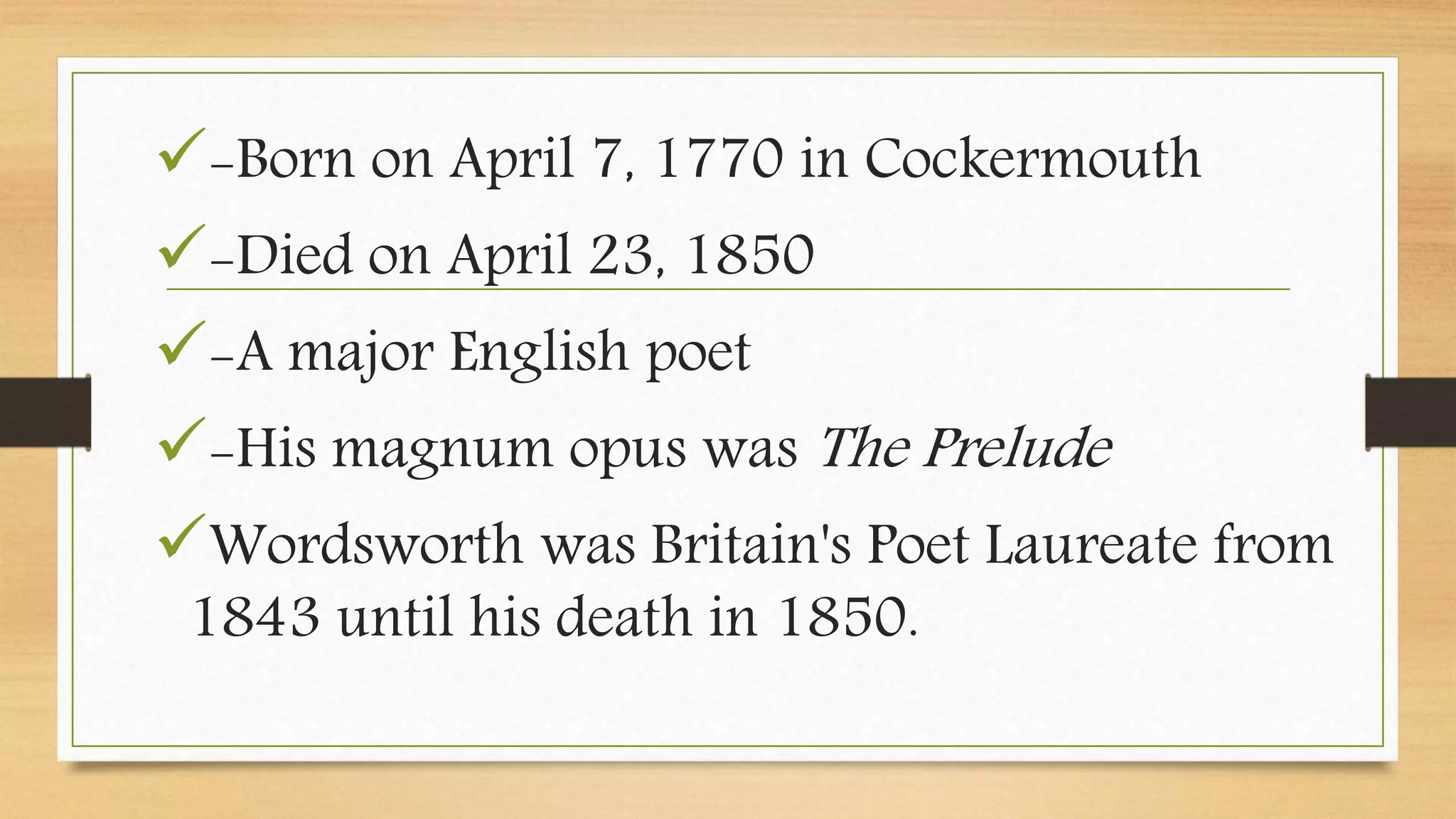

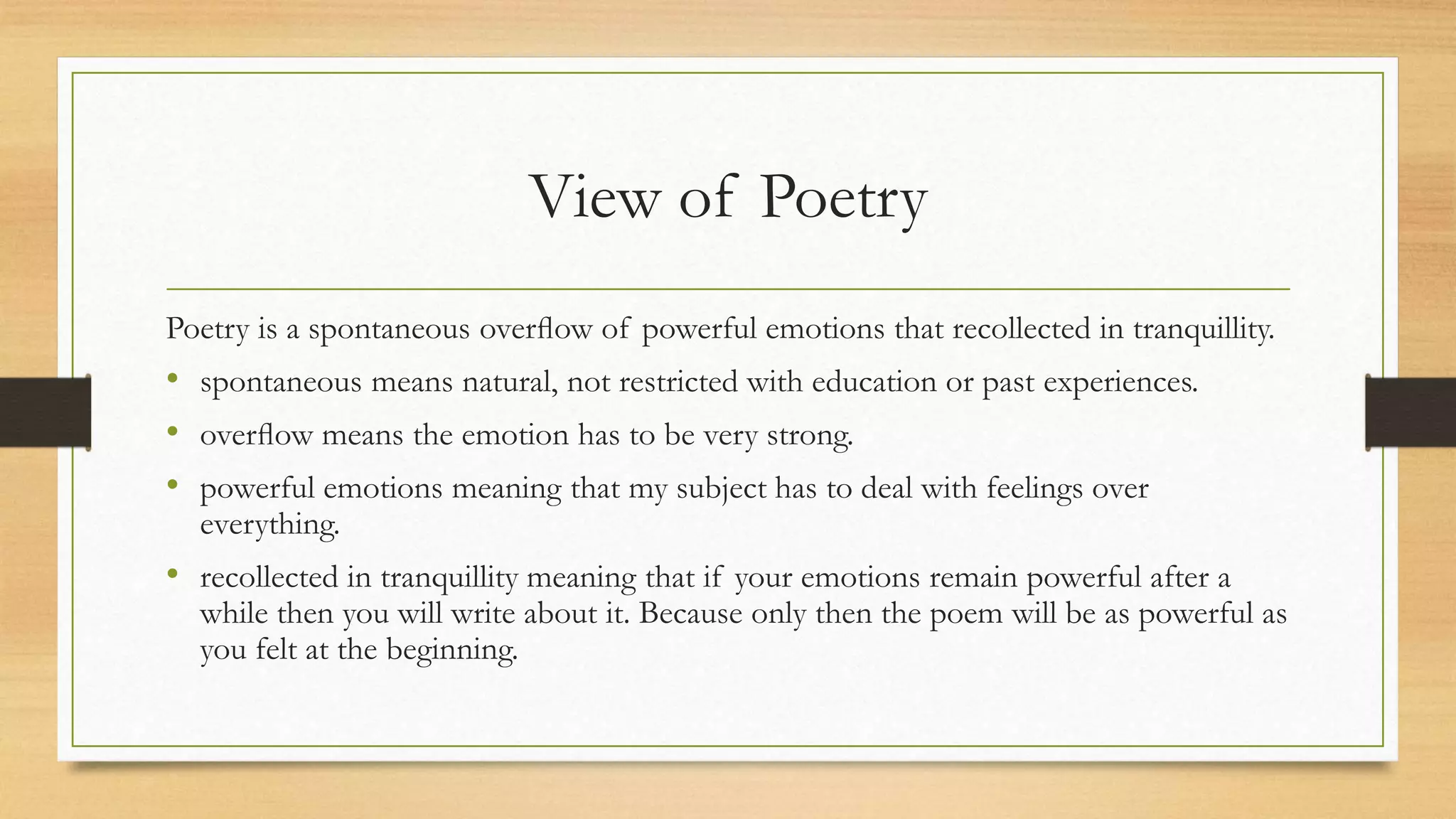
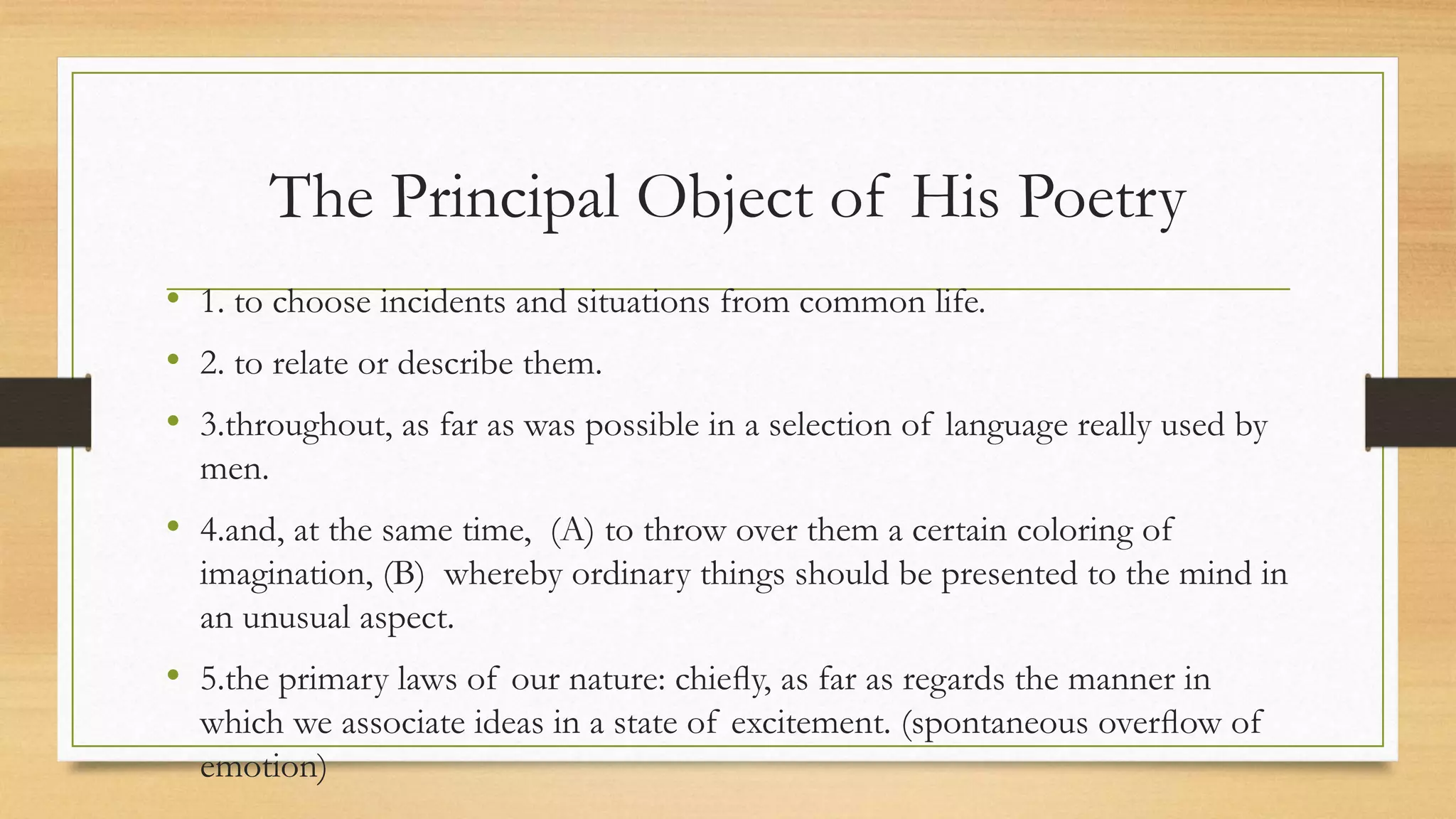

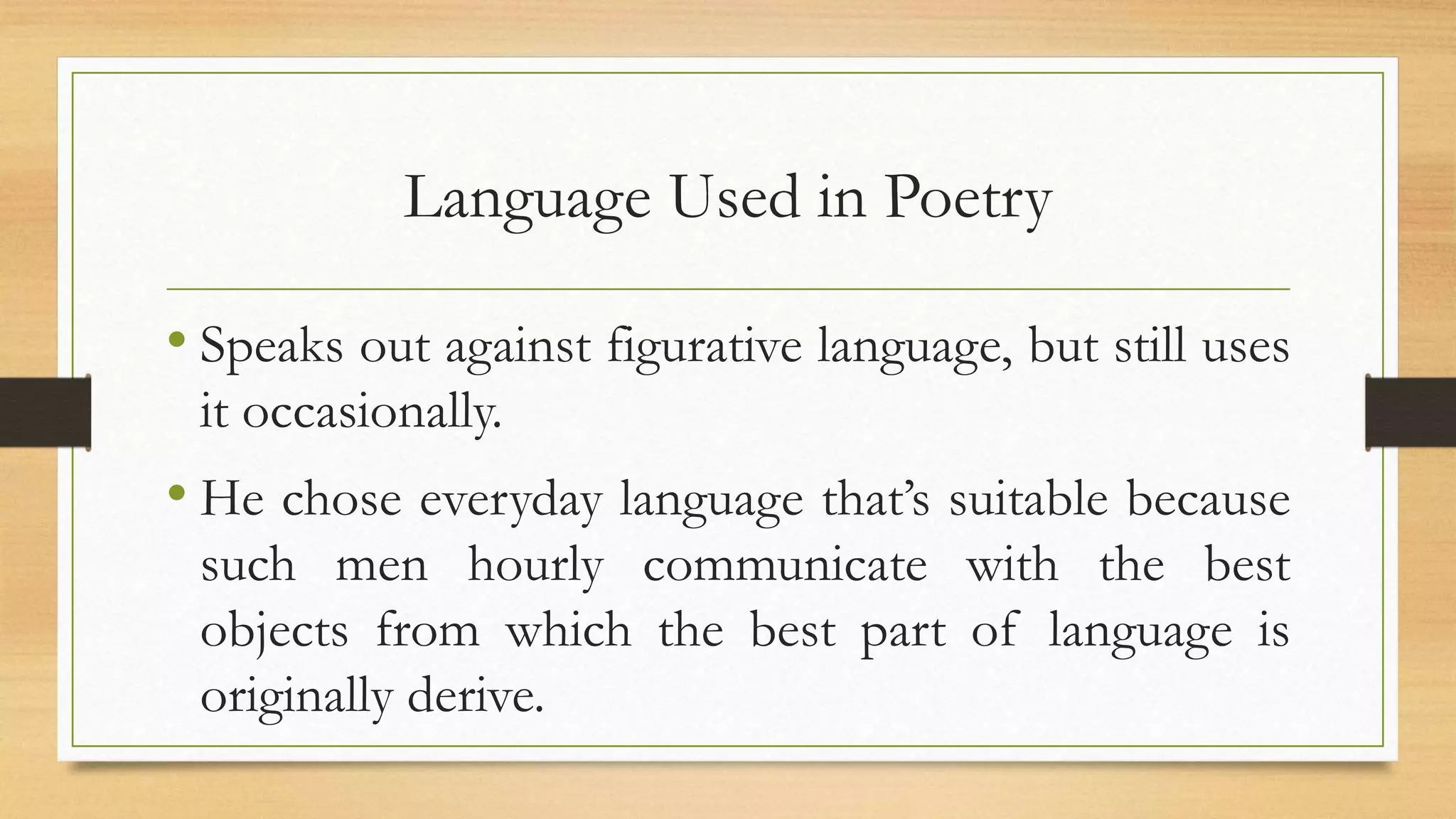




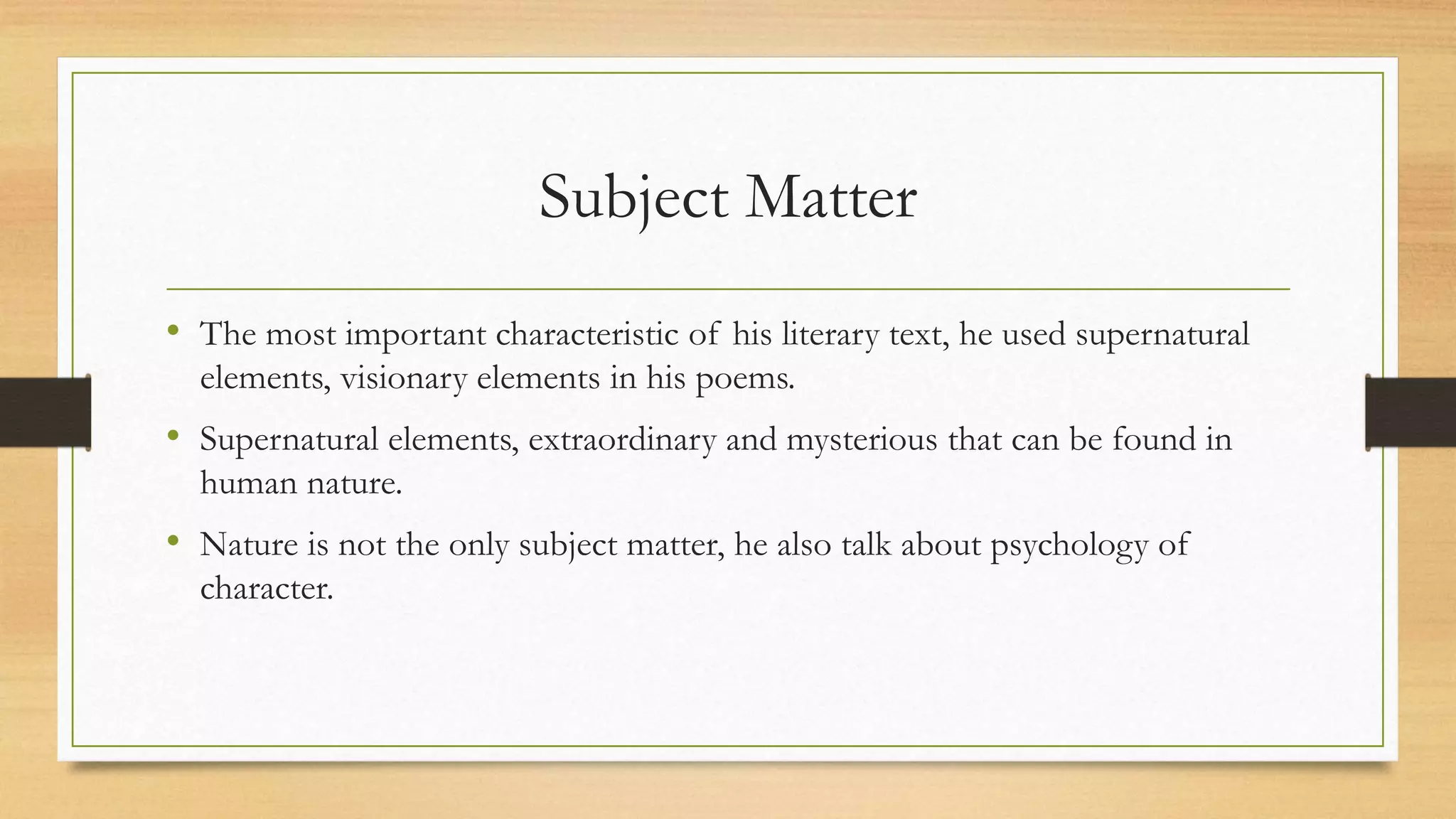



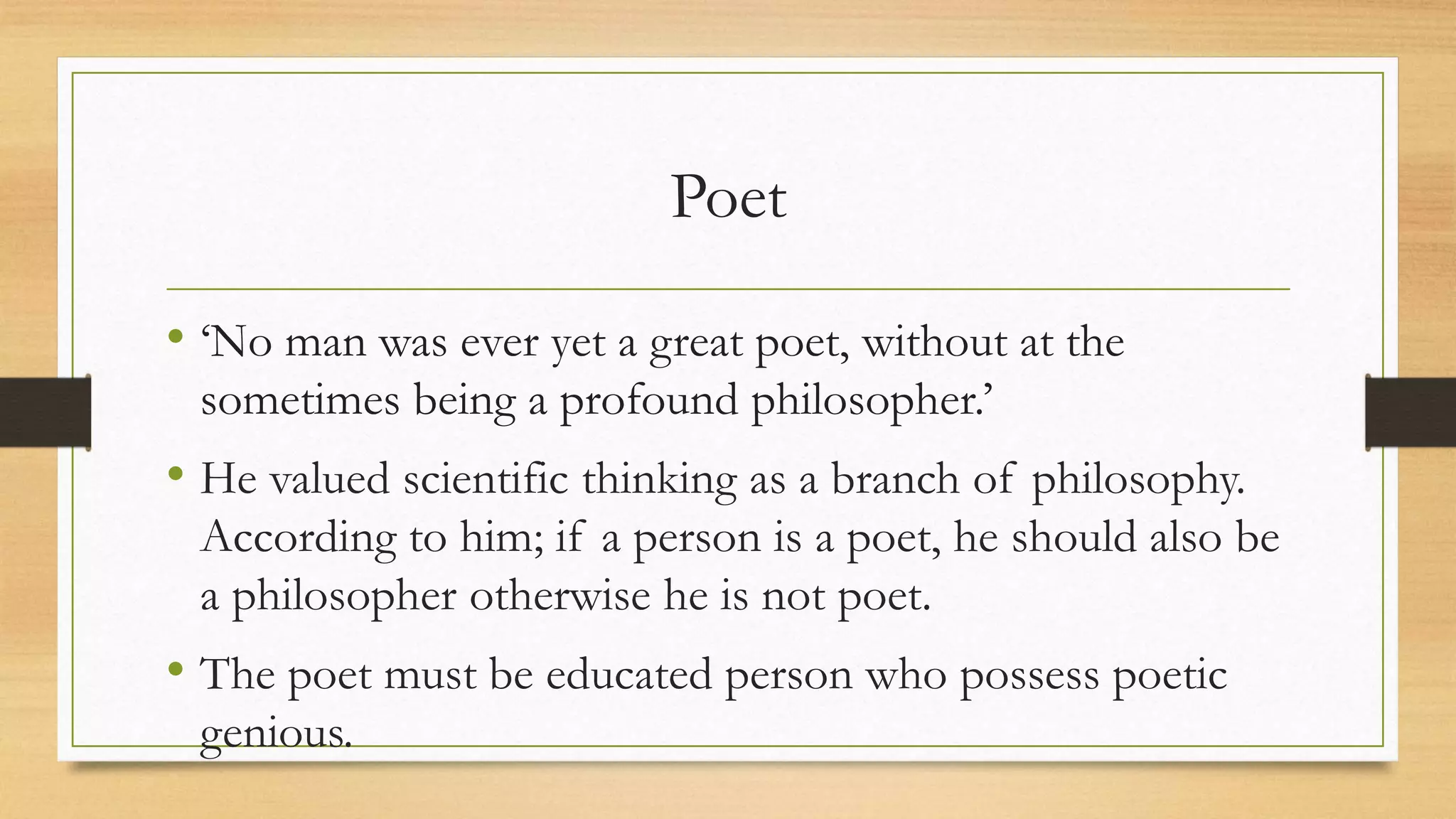
![Lyrical Ballad
• is a collection of poems by William Wordsworth and Samuel
Taylor Coleridge, first published in 1798 and generally considered
to have marked the beginning of the English Romantic
movement in literature.[1] The immediate effect on critics was
modest, but it became and remains a landmark, changing the
course of English literature and poetry.](https://image.slidesharecdn.com/the19thcenturyreportmat-150214065816-conversion-gate02/75/The-19th-Century-Literature-21-2048.jpg)
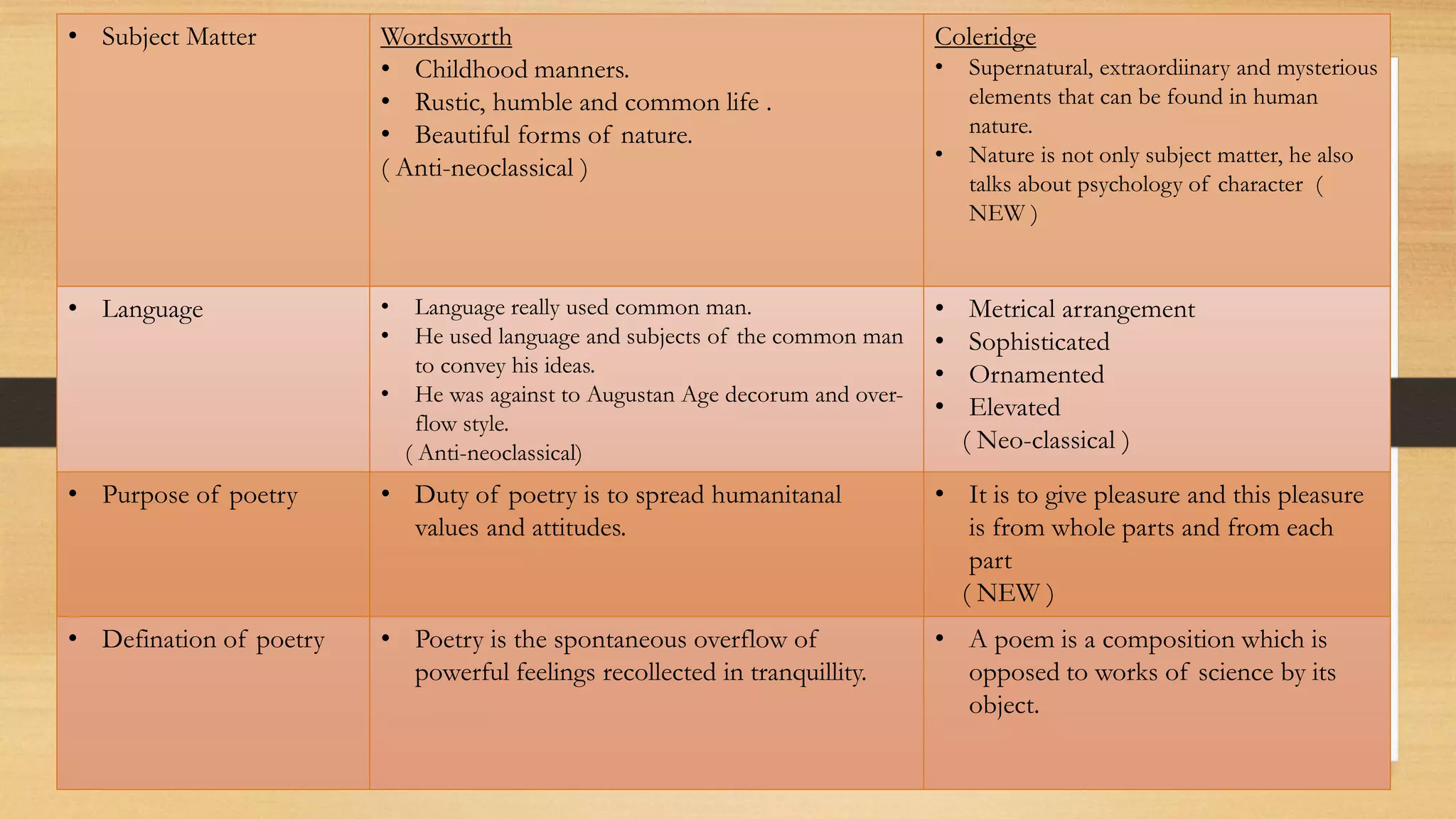

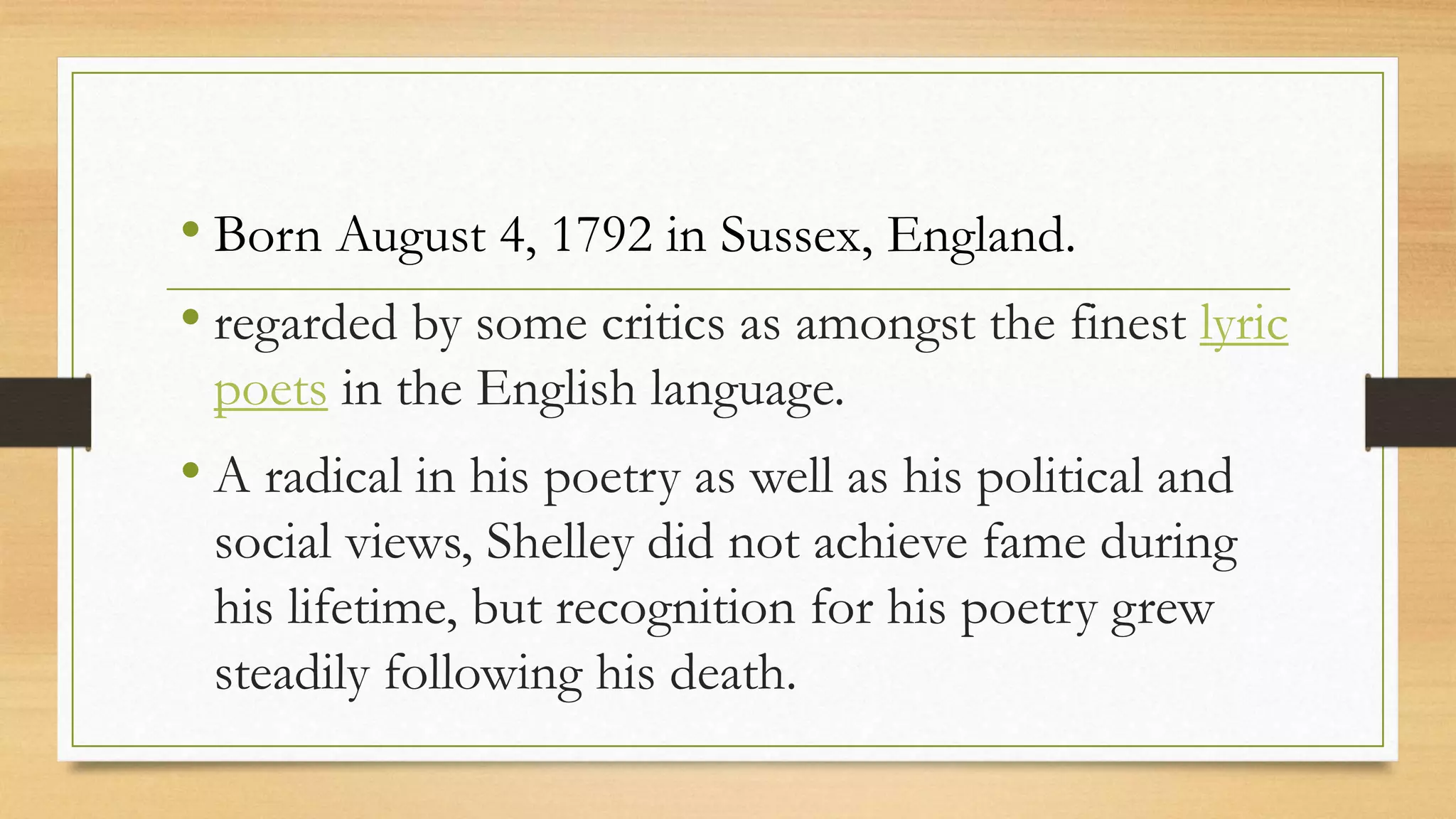

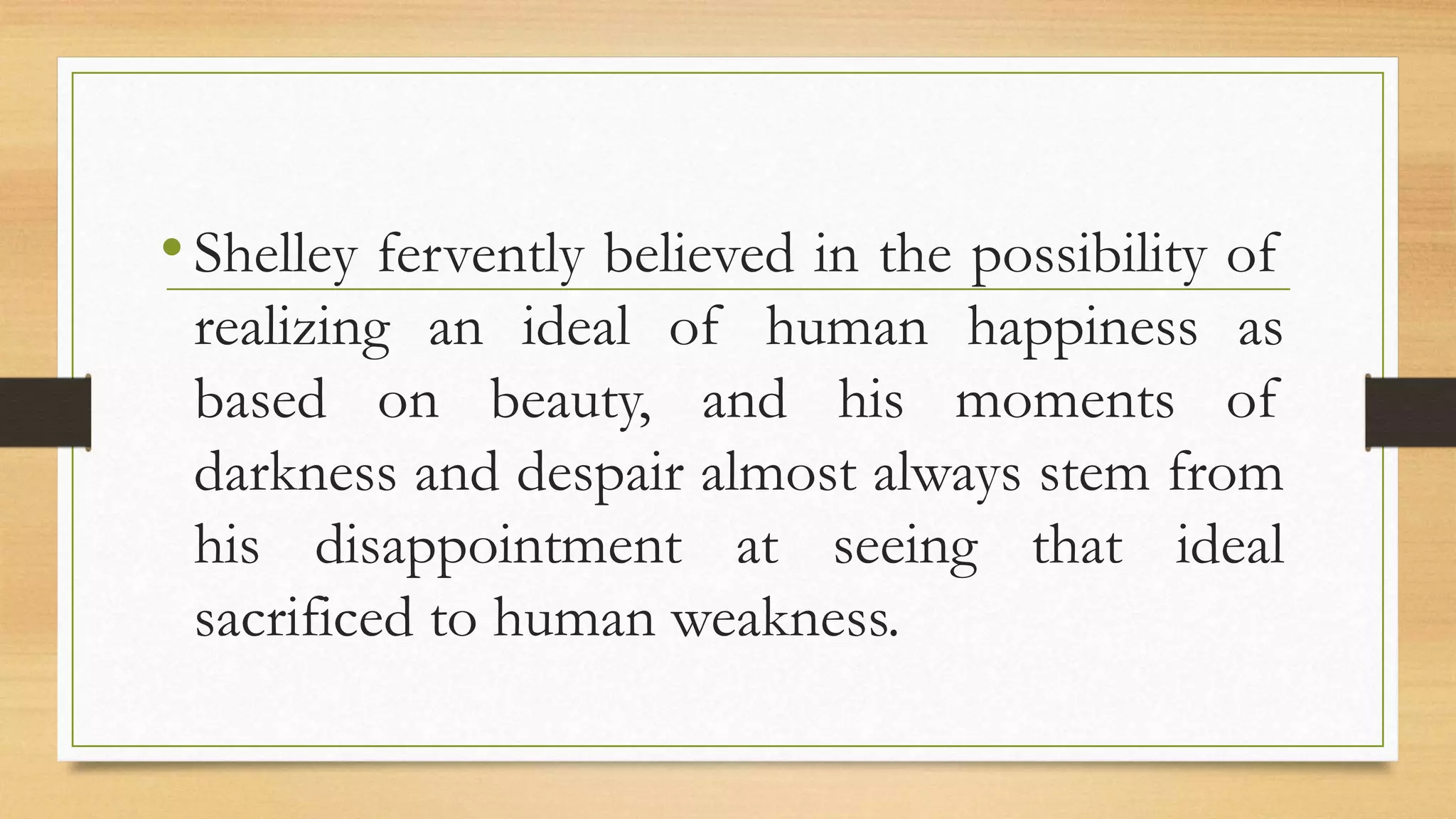

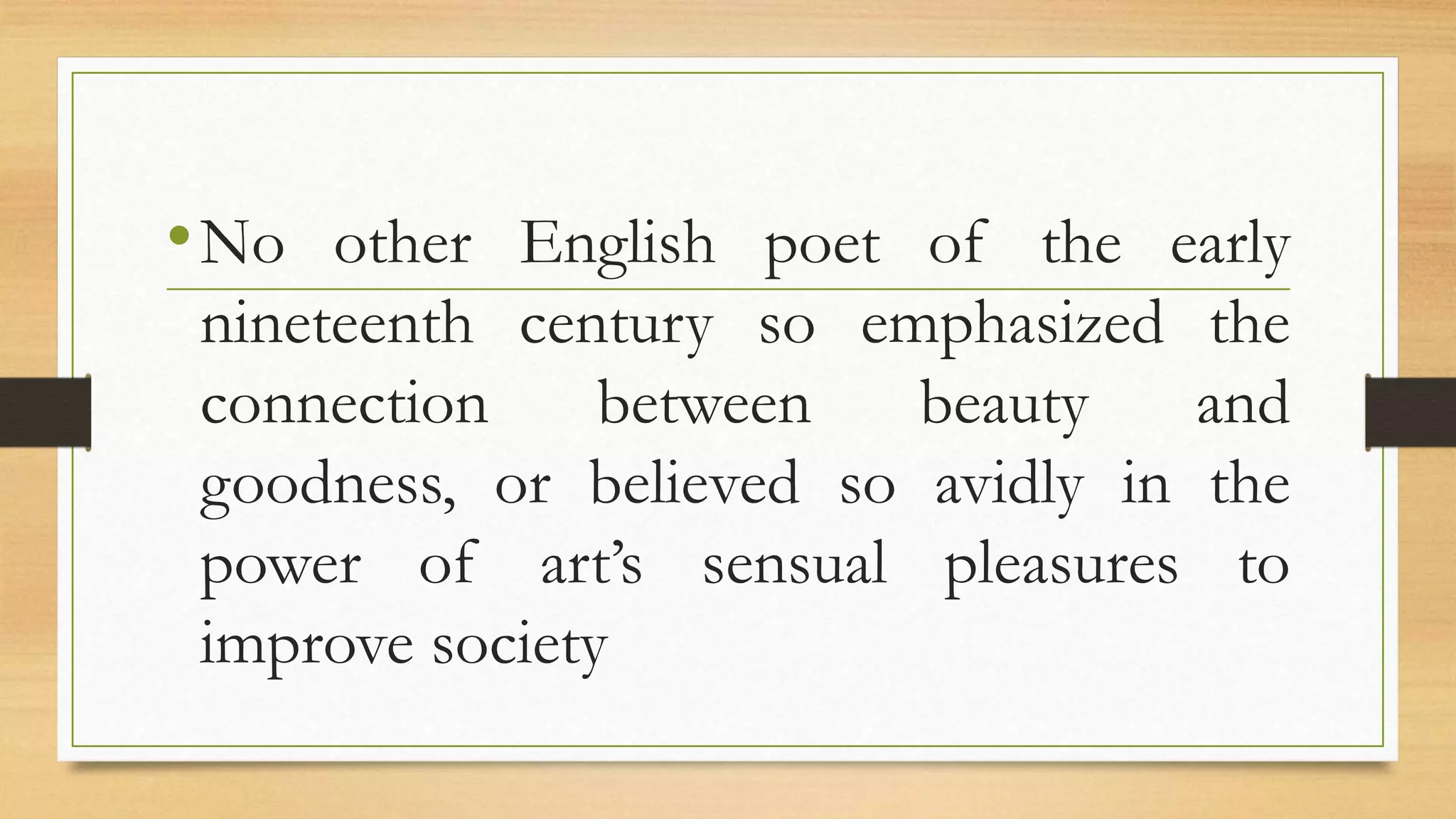
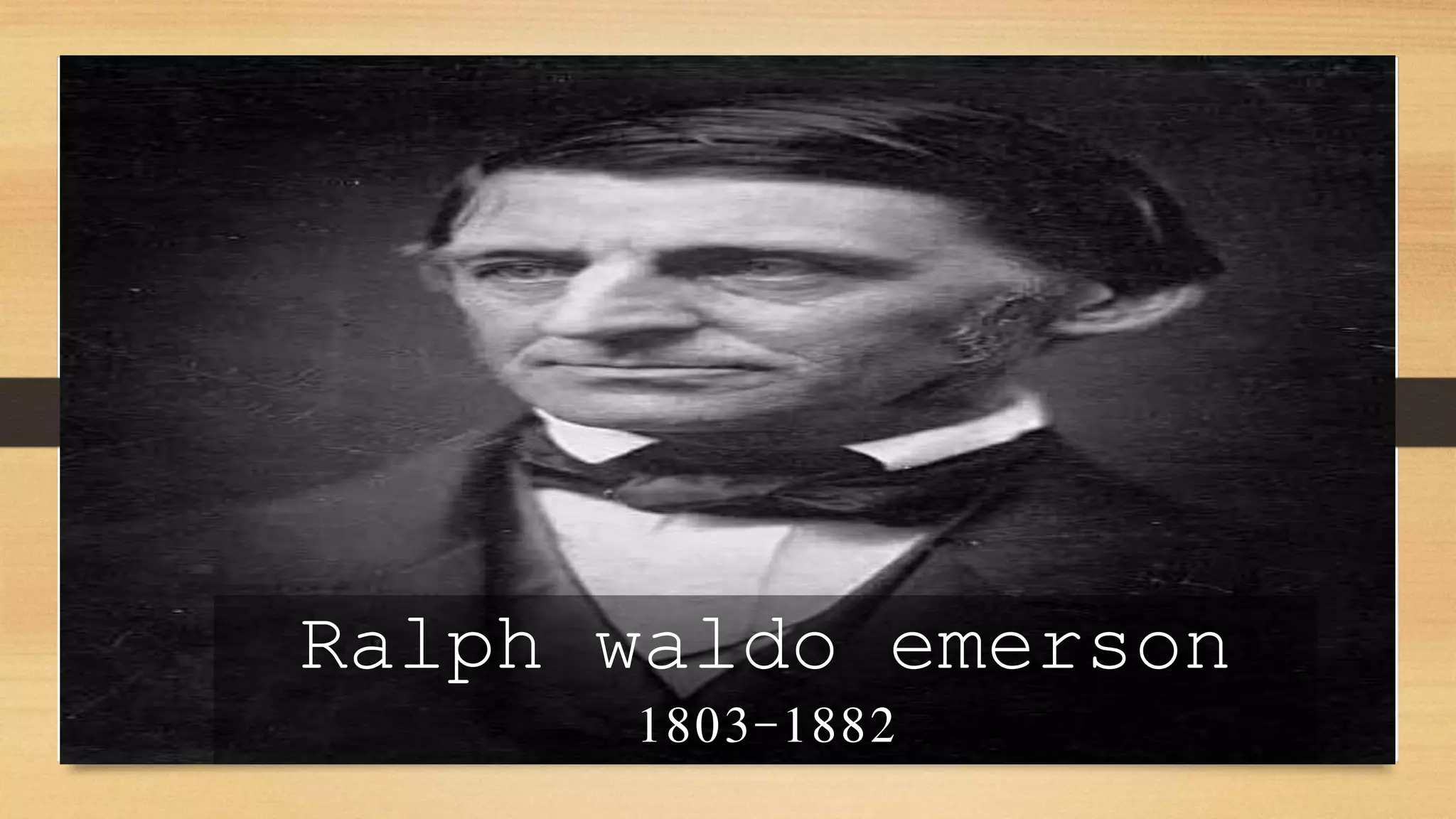






![•He was 'the first modern critic' [1], and could
be called 'the critic's critic', being a champion
not only of great poetry, but of literary
criticism itself.
•The purpose of literary criticism, in his view,
was 'to know the best that is known and
thought in the world, and by in its turn
making this known, to create a current of true
and fresh ideas](https://image.slidesharecdn.com/the19thcenturyreportmat-150214065816-conversion-gate02/75/The-19th-Century-Literature-36-2048.jpg)

